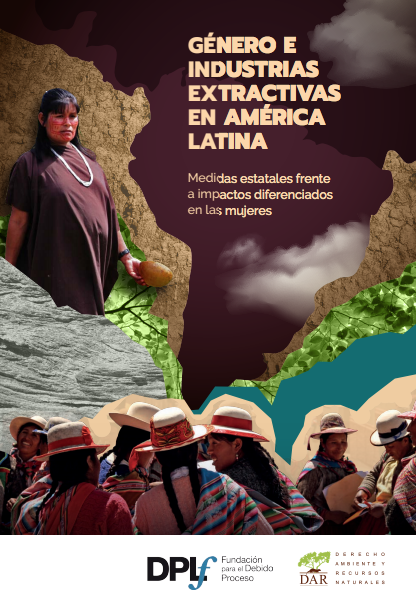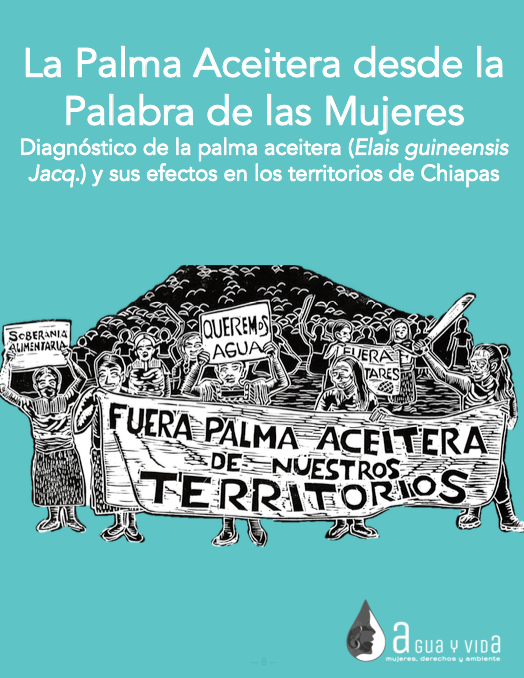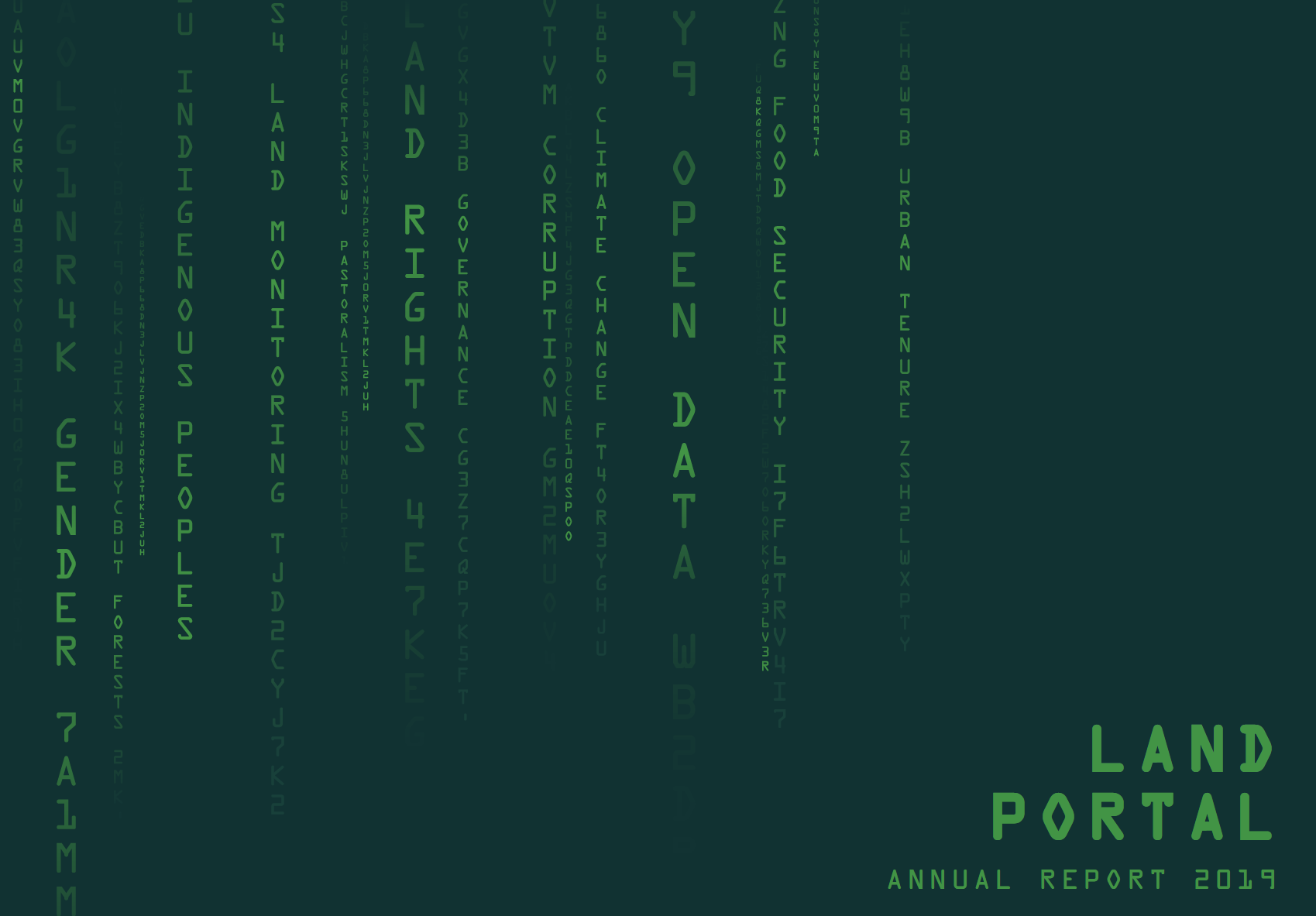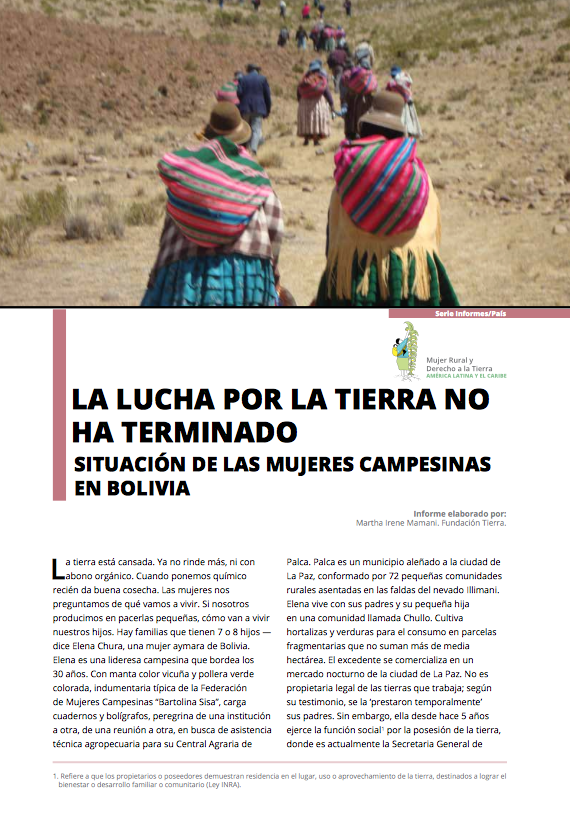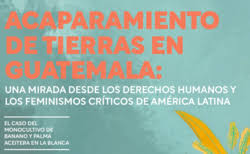Gender Inequality and Climate Change Adaptation Strategies for Food Security in Tanzania
This paper assessed gender inequality in household resources, particularly land ownership, division of labour and decision making as regards climate change adaptation strategies for household food security. The results show that gender inequality exists among the pastoralists in terms of household division of labour, ownership of resources and decision-making such that women do not control important productive resources such as land and livestock which make them more vulnerable to the impacts of climate change and less able to adapt to it.





